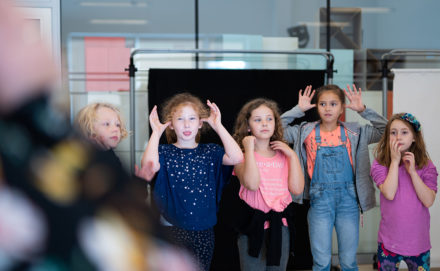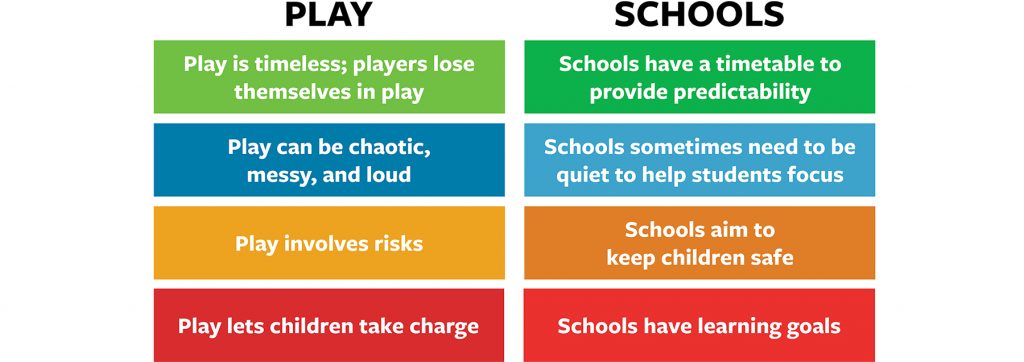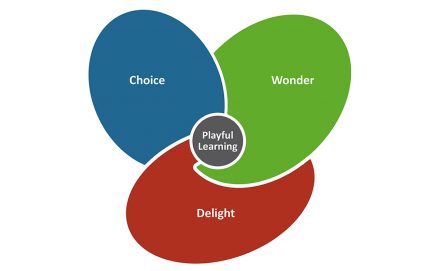About
Much is known about the importance of play in children’s development, yet little research has explored what it might mean to put play at the heart of schooling. In 2015, the Pedagogy of Play (PoP) research project began exploring just that.

Playful School Conference 2024
ISB is proud to have hosted the Playful School Conference once again!
This year’s theme of the Playful School Conference was “Teachers for teachers”, and you can find the recordings of the conference right here.

Paradoxes

Perhaps the simplest way to understand PoP is through these paradoxes of playful learning. ISB is a school and, therefore, must be safe and orderly. At the same time, we want our students – and teachers – to take risks, make messes, and get lost in the moment. How to put more PLAY in SCHOOL: that is the driving question behind PoP.
Indicators
At ISB, we want learning to be playful. But how do we know when we’re succeeding? One of the first developments to come out of PoP was the “indicators of playful learning,” a graphic overview of what we’re hoping to see (and feel) in the classroom. It’s the basis for almost everything we do.

Practices
If the indicators are the what of playful learning, then the practices are the how. Developed through years of research and experimentation, these are practical strategies for promoting playful learning in schools. Check out our What if booklet for inspiration and examples of how we’re putting these practices into action at ISB.
Empower learners to lead their own learning (see how we do it)
Build a culture of collaborative learning
Promote experimentation and risk taking
Encourage imaginative thinking
Welcome all emotions generated through play (see how we do it)
Teacher toolbox
These tools for playful practitioners have been created by ISB teachers. We also use a variety of other tools for reflection, documentation, and discussion, created by our friends at Project Zero. You can find them here.
Pictures of Practice
These case studies offer in-depth illustrations of what a pedagogy of play looks like in action, from the classroom to the playground, to school-wide rituals, and the adult learning community.